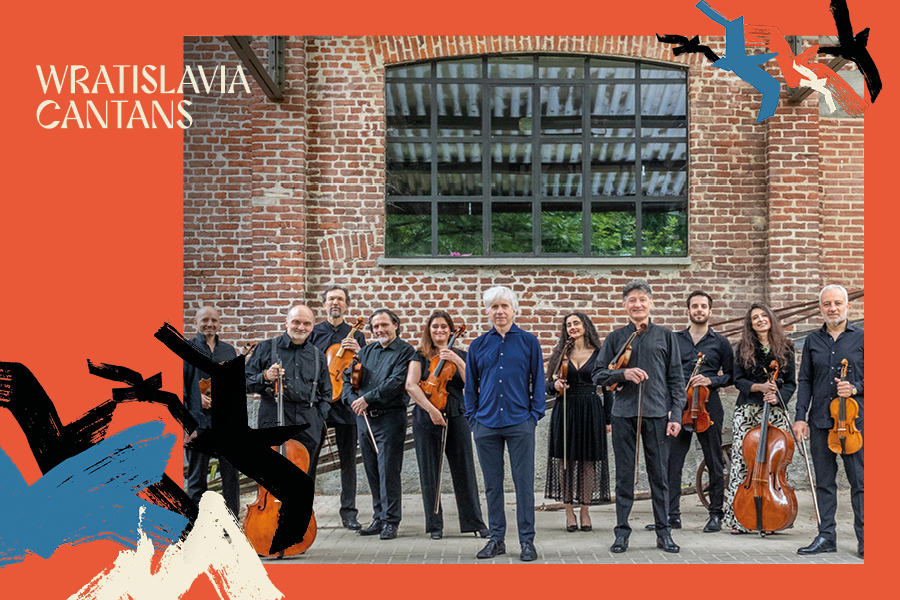It is hard to find a better example of assimilation in a foreign country than that of George Frideric Handel - a German artist who, after arriving in London, became England’s beloved national composer. Before coming to the British Isles, during his three-year stay in Italy, the young German gained even greater fame as a virtuoso than as a composer. When he sat down at the harpsichord incognito during a masked ball in Venice, it was immediately clear to Domenico Scarlatti himself that "it was either the famous Saxon or the devil himself." Handel's fame was so famous that when he arrived in Rome at the beginning of 1707, he gave an organ recital in the famous Lateran basilica.
The concert in the Basilica of St John had to take place with the consent of Cardinal Benedetto Pamphili – its archpriest at that time. Handel’s recital in this church could have been the idea of Pamphili, a renowned art lover, collector and patron, member of the Arcadia Academy. It is known that the talent of the then twenty-one-year-old composer fascinated the cardinal. He claimed that his acquaintance with the German virtuoso gave him an injection of strength and a revival of his poetic talent. In one of the texts that he asked Handel to set to music, he wrote that the sweet tones of Orpheus could move the rocks but could not make them sing. The visitor from Hamburg, mentioned by name in the title of the cardinal’s work, already had such power.
The most important fruit of Handel's collaboration with the cardinal was Il trionfo del Tempo e del Disinganno. The allegorical action of the oratorio presents the choice between sensual pleasures, represented by their personification in the form of Piacere (Pleasure), and ethical virtues, represented by Tempo (Time) and Disinganno (Disappointment). The heroine faced with this dilemma is Bellezza (Beauty). In this abstract work, inspired by Petrarch’s Triumphs, Pamphili found room to evoke the figure of his protégé. A "graceful young man" with winged hands appears in the Piacere palace and arouses admiration with his organ playing. There is no doubt that the prelate was referring here to Handel. Pamphili's kindness bordered on infatuation. However, we know that the artist did not reciprocate his fascination. Charles Jennens, author of the libretto of The Messiah, recalled that years later the composer spoke less favorably of his Italian patron. “Why 'dumbass'? Because he wrote an oratorio? You could call me an idiot for the same reason," Jennens asked him. "And I would if you were courting me like that," the composer replied.

Il Giardino Armonico / fot. Alberto Panzani
Wratislavia Cantans
Triumph of Time
05.09.2024
Thu.
7:00 PM
NFM, Main Hall
Programme:
George Frideric Handel Il trionfo del Tempo e del Disinganno – oratorio, HWV 46a
Programme brochurePerformers:
Giovanni Antonini – conductor
Il Giardino Armonico
Anett Fritsch – Bellezza (soprano)
Julia Lezhneva – Piacere (soprano)
Lucile Richardot – Disinganno (mezzo-soprano)
Krystian Adam Krzeszowiak – Tempo (tenor)
Pricelists:
from 10 to 170 zł